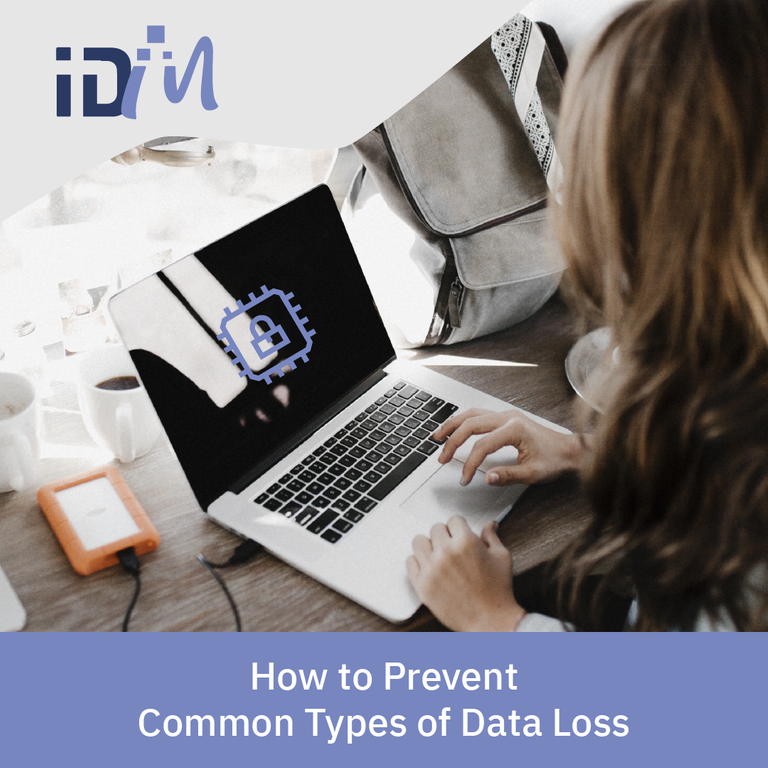
Data loss is one of the biggest threats to our digital information. We often worry about hack attacks, which can also cause significant damage, but data loss can be overlooked as it is something that typically isn’t quite as dramatic. While it’s easy to blame hackers when things go wrong, the reality is that we can pretty much all end up making mistakes that lead to data loss, too. Here’s what you need to know about what data loss entails and how to prevent it from happening.
The definition of data loss is some kind of process, or event that ends up in data being either corrupted, deleted, or made unreadable. It can happen for several reasons, including data corruption, data that is either accidentally or intentionally deleted or overwritten, data stolen over the network, a storage device that is physically damaged or stolen, or a virus that deletes files.
The number one risk for losing data comes in the form of deleting files and not having backed them up properly. Sometimes we end up accidentally deleting a file without realizing it and this isn’t always something that can be easily undone.
Be smart and always keep a backup of important files.
Another risk is data loss with USB drives. How many times have you unsafely removed a device? If you think it doesn’t matter, you might be in for a surprise one day when your data stick is erased. It definitely is something that happens, and files can also be lost or damaged in the transfer process if a cable is disconnected at the wrong moment. So be careful and safely remove your devices!
Viruses can infect your computer and might target files, so it is important to have up-to-date antivirus software and not to open files sent to you from unknown sources.
Important information can also be lost as the result of someone physically walking out the door with it. Former employees can expose a lot of information both about the companies that they used to work for as well as personal details about former colleagues.
Data loss can occur in a number of ways. Some can be quite accidental while others can be sinister in nature. Regardless of how data loss takes place, if you have a secure data management system in play, you can rest a bit easier. IDM is a cloud data storage service that has smart solutions for keeping valuable information safe from data loss. The service features technology that will allow a file to be recovered even if up to 98% of data has been lost! To find out more about IDM, go to www.myidm.io.
Sources: Techopedia, Data Backup and Online Storage, DataNumen, Secure Data, Entrepreneur